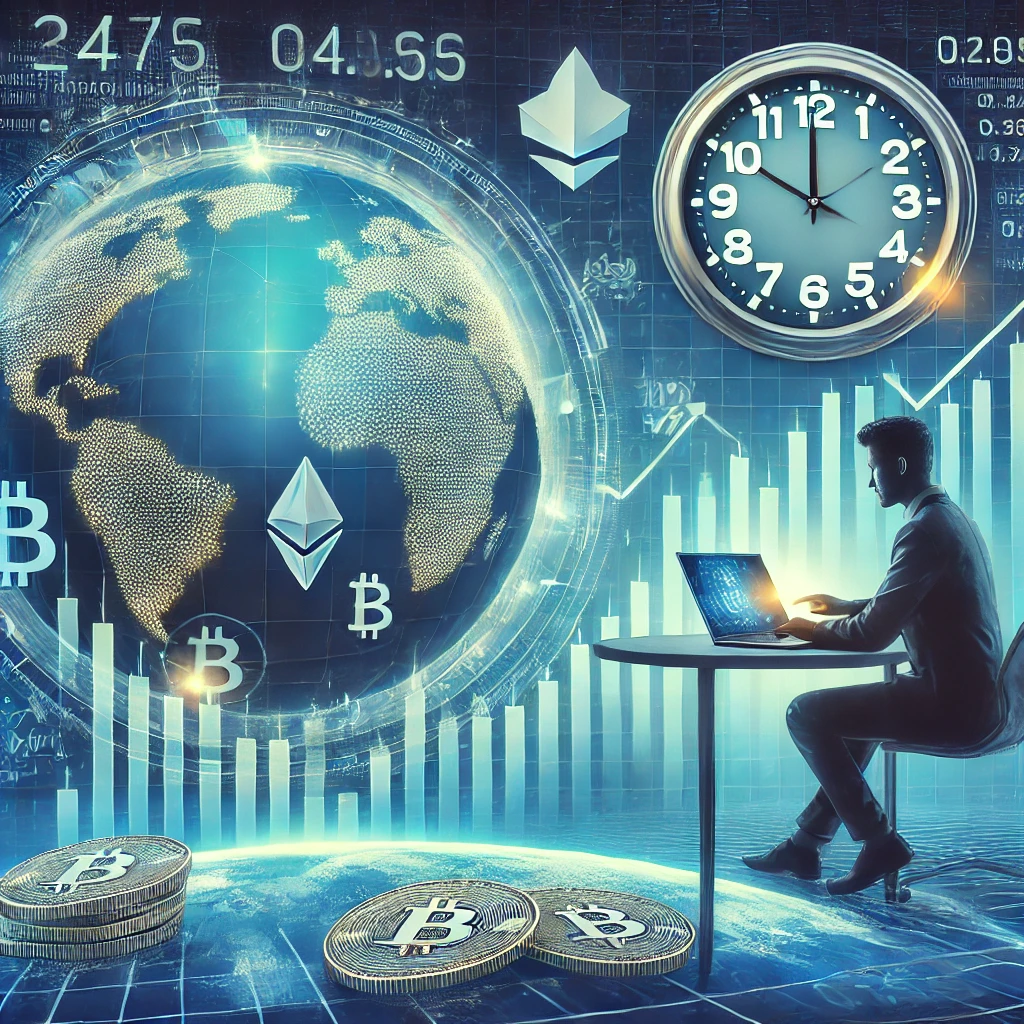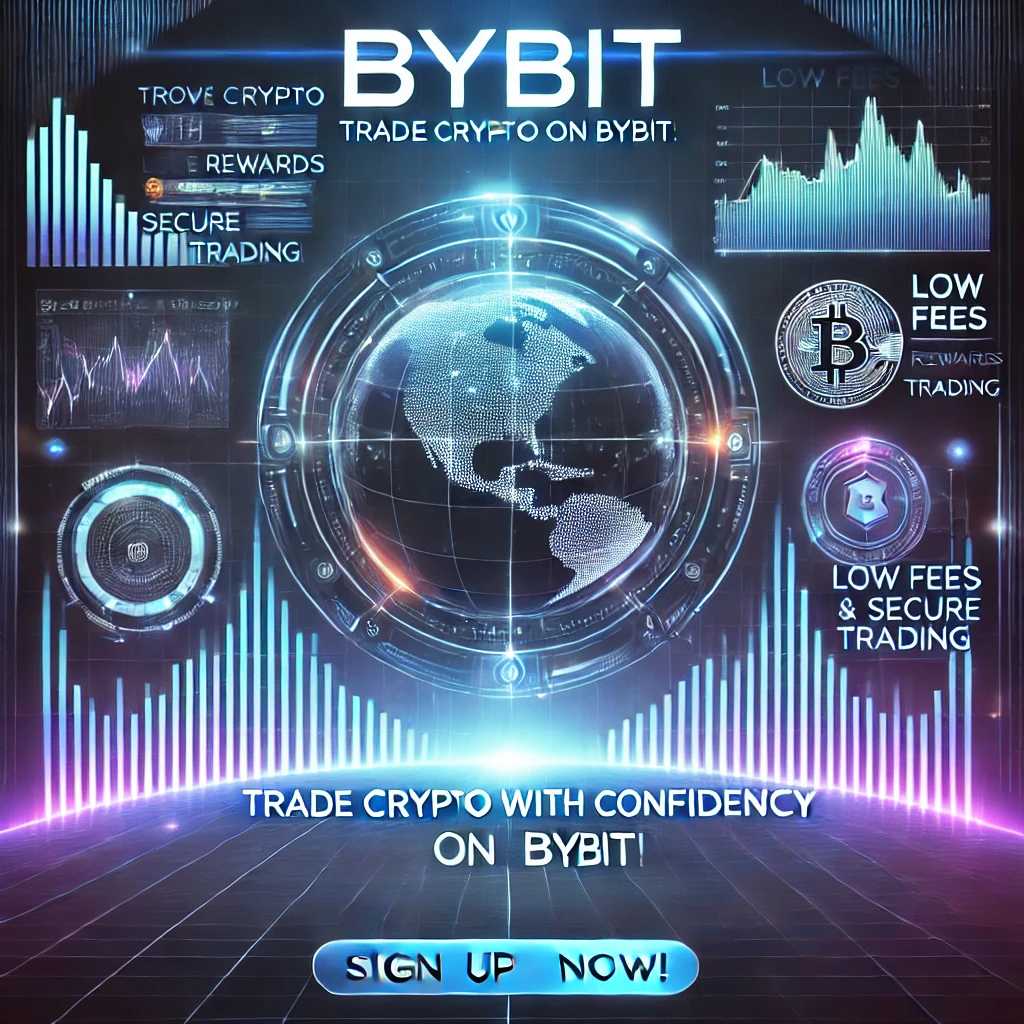1. What is DeFi?
DeFi (Decentralized Finance) refers to a financial ecosystem built on blockchain technology that operates without traditional intermediaries such as banks or financial institutions. DeFi leverages smart contracts to provide financial services like lending, borrowing, trading, and earning interest in a decentralized manner.
Key features of DeFi include:
- Permissionless Access: Anyone with an internet connection can use DeFi platforms without needing approval from banks.
- Transparency: Transactions and smart contracts are recorded on public blockchains.
- Automation: Smart contracts execute transactions automatically without intermediaries.
2. How Does DeFi Work?
DeFi applications (DApps) run on blockchain networks, primarily Ethereum, and use smart contracts to facilitate financial services. Users can interact with DeFi protocols to:
- Lend & Borrow: Platforms like Aave and Compound allow users to lend assets and earn interest or borrow against collateral.
- Trade & Swap Tokens: Decentralized exchanges (DEXs) like Uniswap and PancakeSwap enable peer-to-peer trading without intermediaries.
- Yield Farming & Liquidity Mining: Users can provide liquidity to DeFi protocols and earn rewards.
- Staking: Investors can stake their assets to secure networks and earn passive income.
3. Investment Opportunities in DeFi
There are several ways to invest and generate profits in the DeFi ecosystem:
1. Yield Farming
Investors can earn rewards by providing liquidity to DeFi protocols. Yield farming involves locking up assets in liquidity pools to earn interest or governance tokens.
2. Staking Cryptocurrencies
Users can stake their cryptocurrencies on DeFi platforms to support network security and earn passive income.
3. Lending & Borrowing
By lending crypto assets, users earn interest, while borrowers can access capital without selling their holdings.
4. Trading on Decentralized Exchanges (DEXs)
DEXs like Uniswap and Sushiswap allow users to trade assets without intermediaries, often with lower fees compared to centralized exchanges.
5. Investing in DeFi Tokens
Many DeFi projects have their own native tokens (e.g., AAVE, UNI, CAKE) that can appreciate in value over time.
4. Risks of DeFi Investment
Despite its advantages, DeFi comes with risks, including:
- Smart Contract Vulnerabilities: Bugs or exploits in smart contracts can lead to loss of funds.
- High Volatility: DeFi tokens can experience rapid price fluctuations.
- Rug Pulls & Scams: Some projects may be fraudulent, leading to investors losing their funds.
- Regulatory Uncertainty: Governments may impose restrictions or regulations on DeFi platforms.
5. Conclusion
DeFi is revolutionizing the financial industry by providing decentralized and open access to financial services. However, investors should conduct thorough research and manage risks before investing in DeFi projects. With proper knowledge and strategy, DeFi offers significant opportunities for passive income and long-term investment.
📌 Trade on reputable exchanges to invest in DeFi projects:
- Exness: Register now
- Binance: Join now
- Bybit: Open an account




